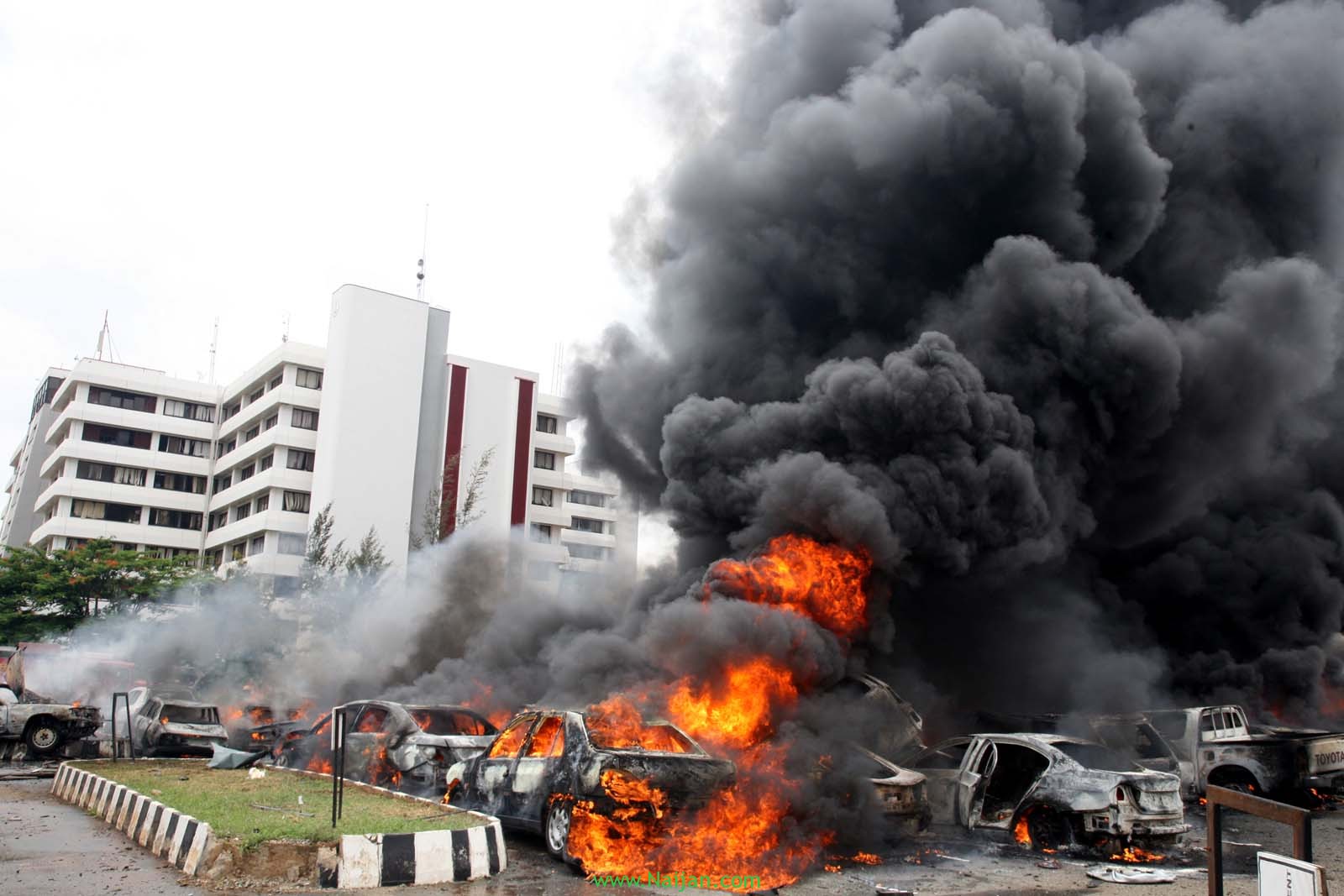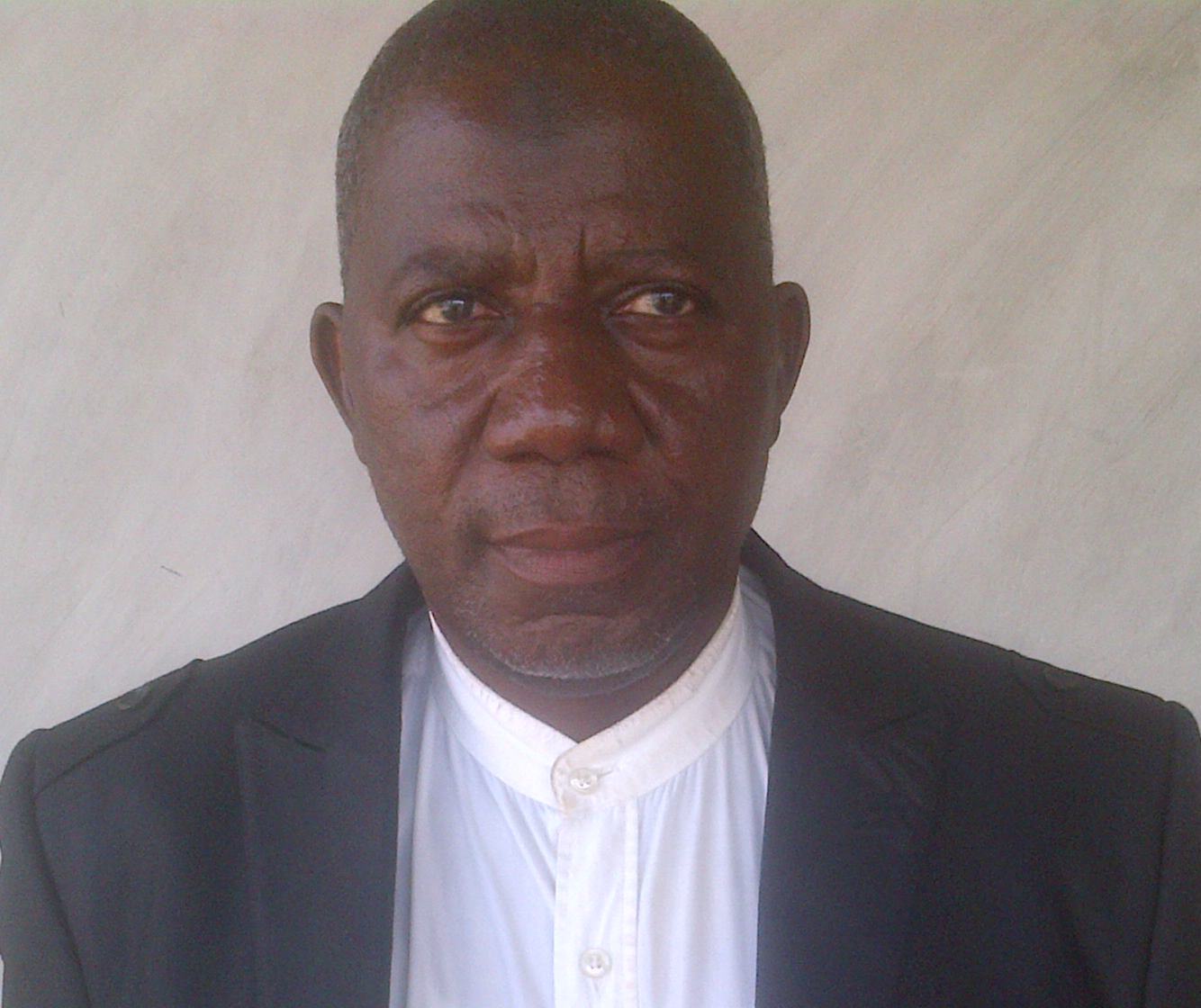
There is a popular saying that a stitch in time saves nine. That is to say that taking action at the right (earliest) time can stem a lot of problems. In other words, delay, they say, is dangerous.
And, in Nigeria today, it has become clear that the government does not give any special regard to the concept of a stitch in time, meaning that it thrives on delays and therefore their dangerous consequences. It has now become traditional that the government would first allow a small problem to rise to a big and almost uncontrollable level before moving on to find solution.
This is true of the historical tapestry of the operations and activities of an outlawed group, popularly known as Boko Haram.
In deed, there is no denying the fact that the news that made headline on Friday in most of the media outfits, about moves by Nigeria army to negotiate cease-fire with members of Boko Haram was both nerve-soothing and encouraging.
As a matter of fact, the war between Boko Haram and the Nigeria army in parts of the North was becoming so intense and embarrassing that the only option left was the announced negotiation for a cease-fire on both sides.
Of course, the announcement by the Chief of Defence Staff, Air Marshal Alex Badeh did not come to many people who have kept tracks of the happenings in the security circle as a new thing.
On two or three occasions in the past, move such as this was made by the government of Goodluck Jonathan to engage some individuals believed to enjoy the respect of Boko Haram leadership, including Dr. Datti Ahmed in dialogue with the sect: there was even a Presidential panel, set up by the government and headed by special duties minister, Barrister Tanimu Turaki to take a look at the possibility of granting amnesty to Boko Haram members. At the end of each of such moves, statements portending positive end to the insurgency that had claimed the lives of over 10,000 innocent Nigerians at different points and times were made, but they never produced physical results.
Just like the way the government first reacted with some kind of scorn, to the abduction, by Boko Haram, of the nearly 300 female students of the Government Girls Secondary School, Chibok in Borno state on April 14 this year before taking it serious a week after, the government had continued to treat the issue of dialogue for a truce with the sect with the same scorn at best, and at worse, with disdain, calling whoever made such suggestion names.
Suspicious as the move by the military to negotiate cease-fire with, and release of the Chibok girls by Boko Haram, coming so close to election period may seem, it still doesn’t cancel the fact that such move is highly desirable to a nation that has been so traumatized; for even the military whose rank and file is being threatened with disintegration and to the people of the North East whose socio-economic life and even politico-cultural standing has been reduced to zero.
This is saying in effect that peace, irrespective of how it is attained, is more desirable than the politicization of the lives of the people anywhere in Nigeria and, in deed, in the world.
We in Greenbarge Reporters do pray fervently and hope genuinely that Air Marshal Badeh would not wake up suddenly to disown the statement about the negotiation for cease-fire or that this move would not be truncated again through an act of executive insincerity and arrogance. [myad]






